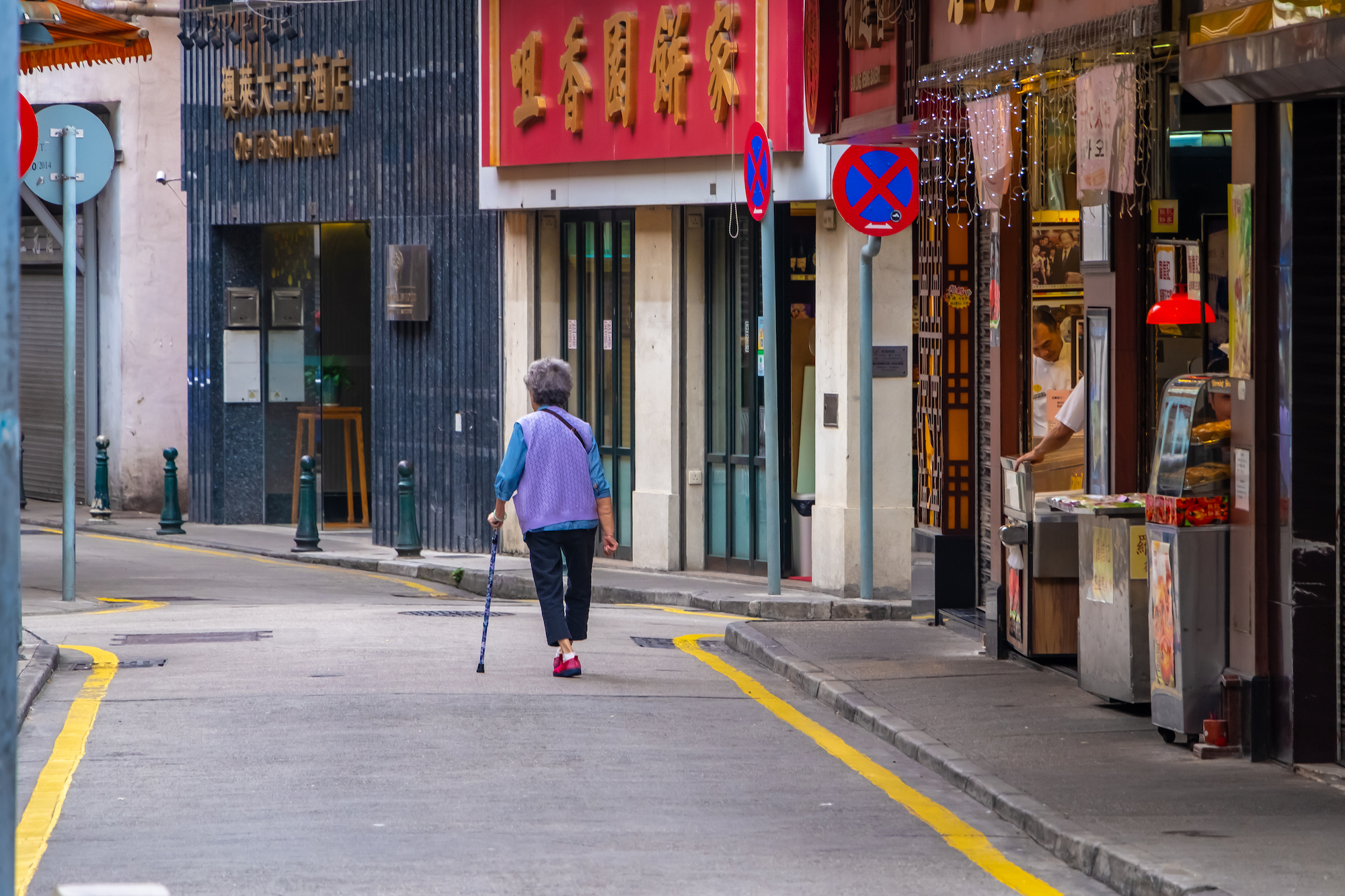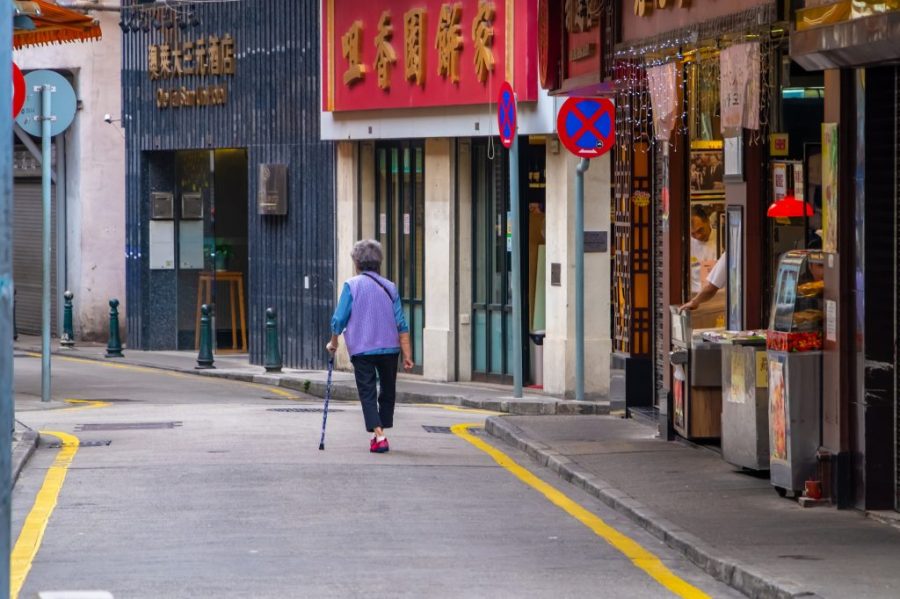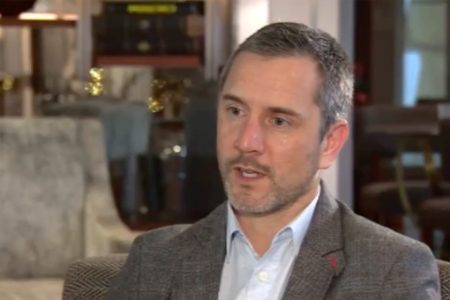An increase in the number of elderly who are dependent on their family members will pose social challenges in the coming years, according to researchers at the City University of Macau.
Writing in the journal Urban Science earlier this month, the researchers found that the social dependency rate — that is, the number of elderly and children dependent on working adults — was set to increase.
The article was cited in the Portuguese-language news outlet Hoje Macau.
According to the study, there were 17 dependent elderly people for every 100 working adults in Macao in 2021. By 2026, there will be 24 and by 2036 it is estimated that there will be 51 dependent seniors for every 100 employed adults.
The development will “increase the pressure on working age adults, because they will have to support the elderly,” the article cautioned. “This is a burden that is expected to continue to increase in the future.”
“How to take care the elderly is a worldwide issue,” says Professor Tianji Cai, associate dean of the Faculty of Social Sciences at the University of Macau. He agreed that when “the ratio of elderly to producers becomes high” then “a host of economic, social, and related problems occur.”
[See more: Macao’s senior citizens stuck on the bread line]
He told Macao News that “although family members can provide help” to the elderly, “it is very difficult to do so on a daily basis.”
To alleviate the situation, the study’s authors recommended increasing the retirement age in Macao and building more facilities for seniors.
They also called for efforts to increase the birth rate, through such means as child subsidies and an increase in maternity leave.
Professor Cai agreed. “The current cohort of elderly is healthier, better educated, and more affluent than past cohorts, with increased political power to influence relevant legislation, especially regarding Social Security and Medicare,” he told Macao News.
However, he said “Although healthier, they will place greater demand on health care delivery systems as there are more of them. The government has to have some plans for the issues, such as building nursing homes, adding blue cards for health care workers, and so on.”






